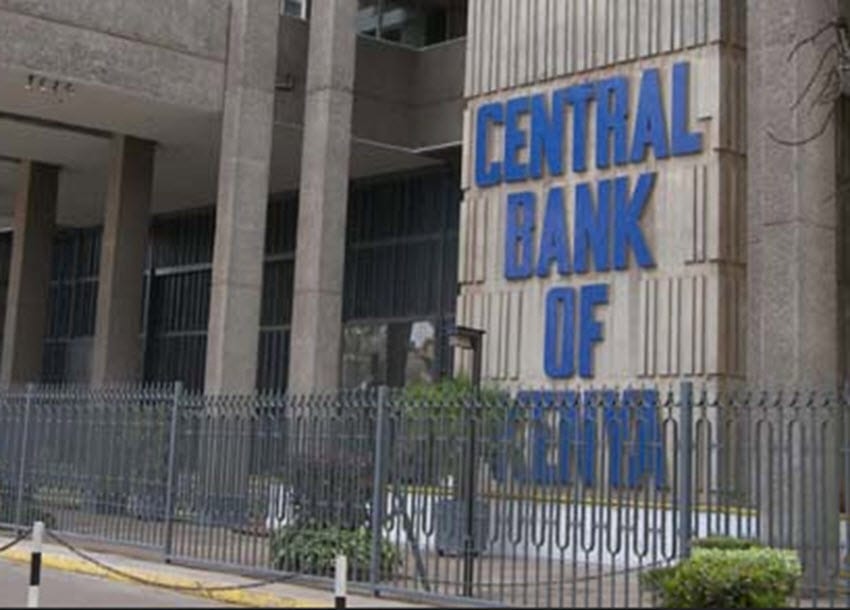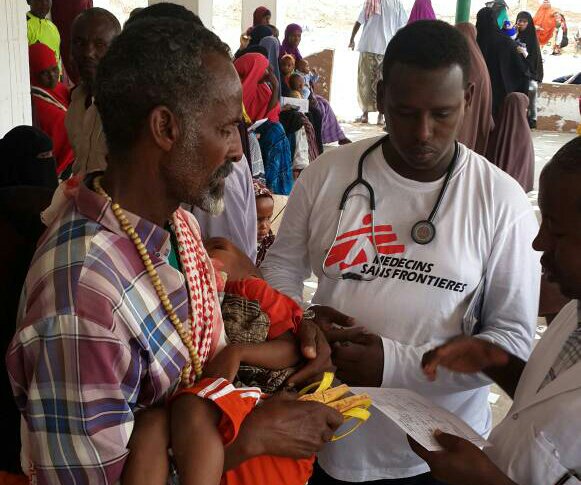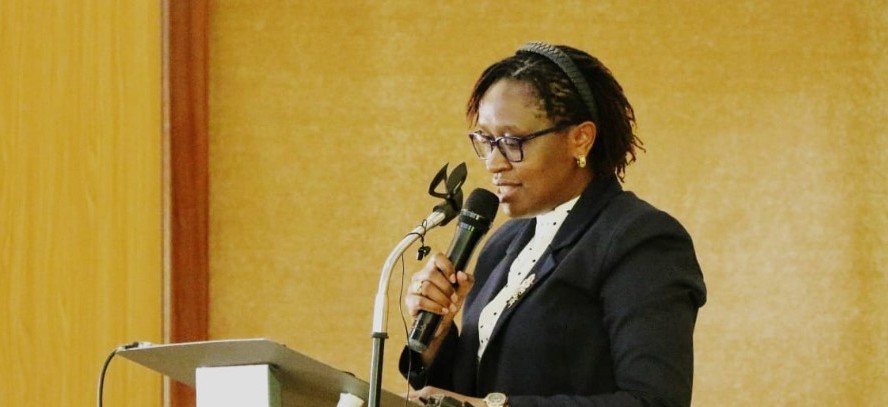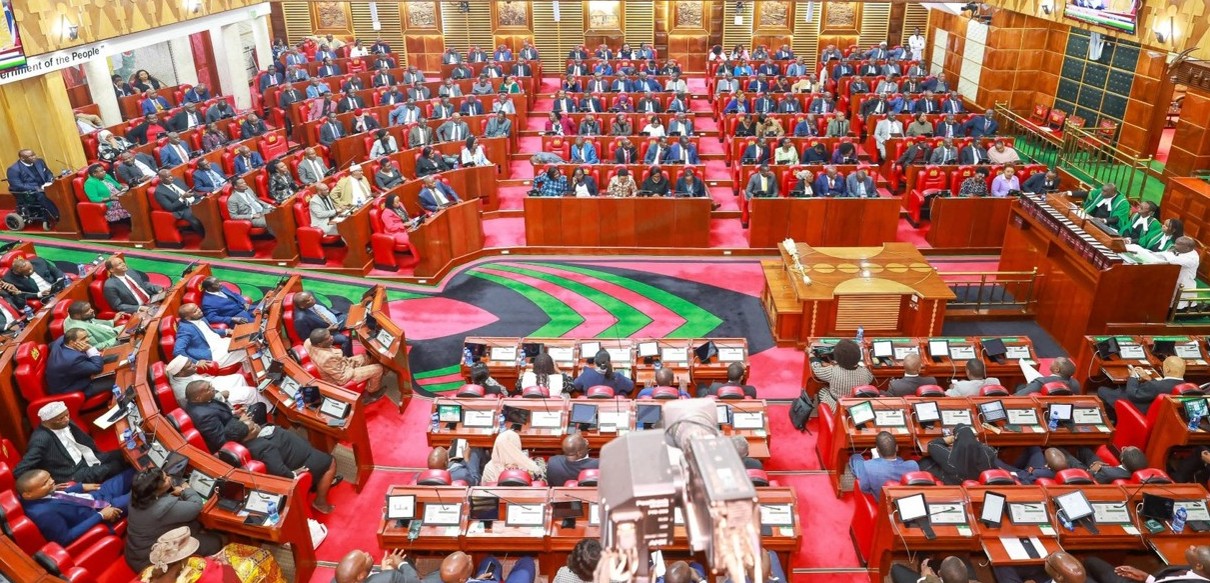CBK lowers the base lending rate to 12.75 per cent

CBK's Monetary Policy Committee attributed the cut to the ease in inflation which has been on decline since January.
The Central Bank of Kenya (CBK) has lowered the benchmark Central Bank Rate to 12.75 per cent from the decade-high of 13 per cent.
The cut is a 25 Basis Points slash, and the first one in four years, as the previous slash was last witnessed in March 2020.
More To Read
- Kenya ranked 10th in Africa’s most attractive investment destinations
- Side hustles gain ground as stagnant salaries push youth to rethink work
- IMF questions Kenya’s exchange rate policy amid new funding negotiations
- Businesses project job growth, stronger sales as festive season draws near
- Motor vehicle sales soar as lending rates fall amid economic recovery
- KRA retains fringe benefit tax rate at 8 per cent for October–December 2025
However, the 12.75 per cent mark means consumers in the country will still be digging deeper into their pockets to service their loans as the level is still at its decade high.
CBK's Monetary Policy Committee attributed the cut to the ease in inflation which has been on decline since January.
"Our previous measures have lowered overall inflation to below the mid-point of the target range, stabilised the exchange rate, and anchored inflationary expectations," the Committee said.
Kenya's overall inflation declined to 4.3 per cent in July 2024 from 4.6 per cent in June, thereby remaining below the mid-point of the target range.
Food inflation remained stable at 5.6 per cent in June and July, with declines in prices of key non-vegetable food items, particularly maize, sugar, and wheat flour, offsetting increases in prices of select vegetables, particularly tomatoes, Irish potatoes, and cabbages.
Fuel inflation declined to 4.5 per cent in July from 6.4 per cent in June, due to a downward adjustment in pump prices and lower electricity prices.
The non-food non-fuel (NFNF) inflation eased to 3.3 per cent in July from 3.4 per cent in June, reflecting the impact of monetary policy measures.
The apex bank is therefore optimistic that the overall inflation will remain below the mid-point of the target range in the near term, supported by a stable exchange rate, lower food prices with expected harvests, and stable fuel prices.
The Monetary Committee also exhibited the growth in the economy, saying the recently released GDP data for the first quarter of 2024 showed continued resilient performance of the Kenyan economy, with real GDP growing by 5.0 per cent.
"This reflected continued strong performance in agriculture attributed to favourable weather conditions, and robust performance of the services sector, particularly wholesale and retail trade, accommodation and food services, financial and insurance, information and communication, and real estate," it says.
Nevertheless, the growth of the industrial sector, particularly manufacturing and construction, slowed down.
From the surveys conducted before the meeting, the agriculture sector survey shows that the majority of respondents expect inflation to either remain unchanged or decrease in the next three months, on account of improved food supply with the expected harvests, the stable exchange rate, and reductions in pump prices.
On the other hand, the CEOs Survey and Market Perceptions Survey reveal sustained optimism about business activity and economic growth prospects for the next 12 months.
Other Topics To Read
The optimism is primarily attributed to the stable macroeconomic environment reflected in the low inflation rate, stability in the exchange rate, and the continued strong performance of agriculture.
Nevertheless, respondents expressed concerns about the impact of the recent protests on economic activities, the high cost of doing business, and the potential impact of increased geopolitical tensions on the economy.
The apex bank noted that it will closely monitor the impact of the policy measures as well as developments in the global and domestic economy and stands ready to take further action as necessary in line with its mandate.
The Committee will meet again in October 2024.
Top Stories Today
Reader Comments
Trending









































